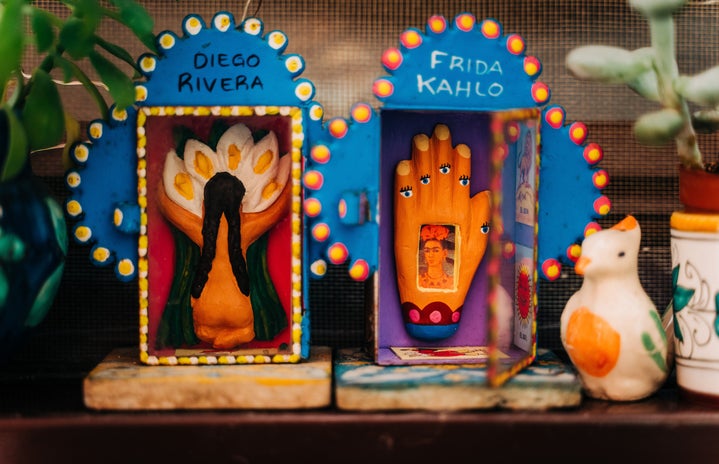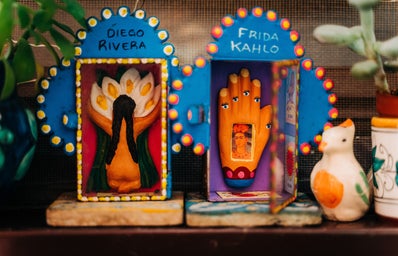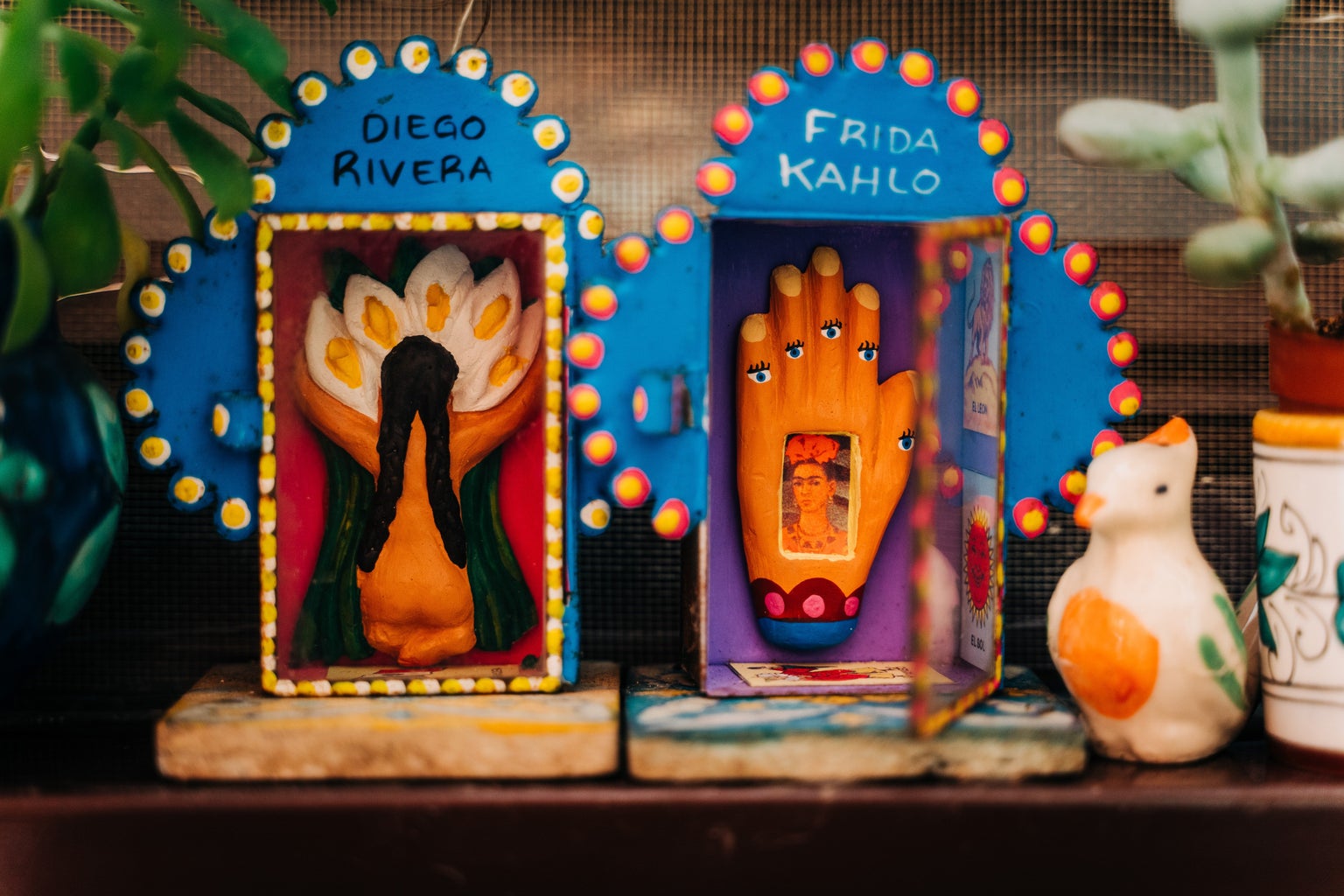As Hispanic Heritage Month has come to an end, I am reflecting on how my Mexican heritage and the label “No Sabo” have affected my identity.
Hispanic Heritage Month is from Sept. 15 through Oct. 15 and celebrates the rich culture and achievements that Hispanics have made to and continue to contribute to the United States. However, every year during these two months, I am reminded of my conflicting dual identities and how I struggle to connect with my Mexican heritage.
If you are Hispanic, you might’ve heard of the term, “No Sabo” used in a derogatory manner to shame Hispanics who don’t speak Spanish fluently. This word has insulted the identity of many Hispanics, including mine, denying them the connection between their heritage. Even though I took Spanish throughout high school, during my first year of college, people were speaking the language better than I was, and that was frustrating. I realize that people might not understand the hurt and frustration, but knowing you are Mexican and not being able to speak fluently in your father’s language is the worst feeling.

I had no idea I was Mexican and what that meant until the fourth grade.
This may sound quite strange to some, but I thought that every child had to speak for their parent when going out in public spaces. I’d never realized that not everyone’s parent didn’t fluently speak English.
Growing up, I was raised in American culture because of my mother’s status. My parents were split, so my father took my brother and me to McDonald’s and our local Mexican restaurant, Cazadores, every Sunday. This once-a-week interaction was the only time I felt a part of my Hispanic heritage. From getting in the car filled with the sounds of bands like El Trono de México y Los Tucanes de Tijuana to having our order written on a piece of paper to give to the McDonald’s worker because my father spoke broken English, my Sundays were filled with a foreign sense of unfamiliarity.
Although I connected with my father through las bandas and la comida, I struggled with feeling Mexican. It was the constant feeling of not knowing what my father and mis primos were saying and having my aunt translate for me. It was the constant feeling of not knowing how to dance bachata and huapango at parties. It was the constant feeling of not being able to plan my quinceañera when I turned 15. It was the constant feeling of being shamed for my pale skin and freckles by my father’s side of the family. I was compared to my brother who had darker skin, and they said, “Aidan Mexicano y Cambry Americana.” My father never taught me Spanish, and not knowing how to speak fluently in the language affected my entire identity.

I had no clue that there was a negative term used for Hispanics who didn’t speak fluent Spanish until I opened TikTok. After learning what “No Sabo” was, I wish it was a term that never existed as it highlights the notable struggle of some Hispanics who already feel that they don’t fit in. These stereotypes among minority groups need to be stopped and seriously re-evaluated due to their impact on individuals.
People of Hispanic descent shouldn’t be criticized when they don’t know Spanish. Being Mexican doesn’t insinuate that someone should speak fluent Spanish. Being Mexican doesn’t mean that someone’s favorite dance should be bachata or huapango. Being Mexican doesn’t mean that every girl needs to have a quinceañera. Being Mexican doesn’t mean that a person should have darker skin. Mexicans come in all shapes, colors and sizes.
Having Mexican heritage is something that people should be proud of. They should not be ashamed because they don’t fit the standards of what they “should be.” This year, I am reclaiming how my Mexican heritage defines my identity. I am not letting a term such as “No Sabo” dictate my feelings about how I interact and relate with my ancestry.
That being said, I want to wish a happy end of Hispanic Heritage Month to my fellow Hispanics. The ones who are born here. The ones who immigrated here. The ones who are first-generation students. And the ones who struggle with their identity and are reclaiming their Hispanic roots.



